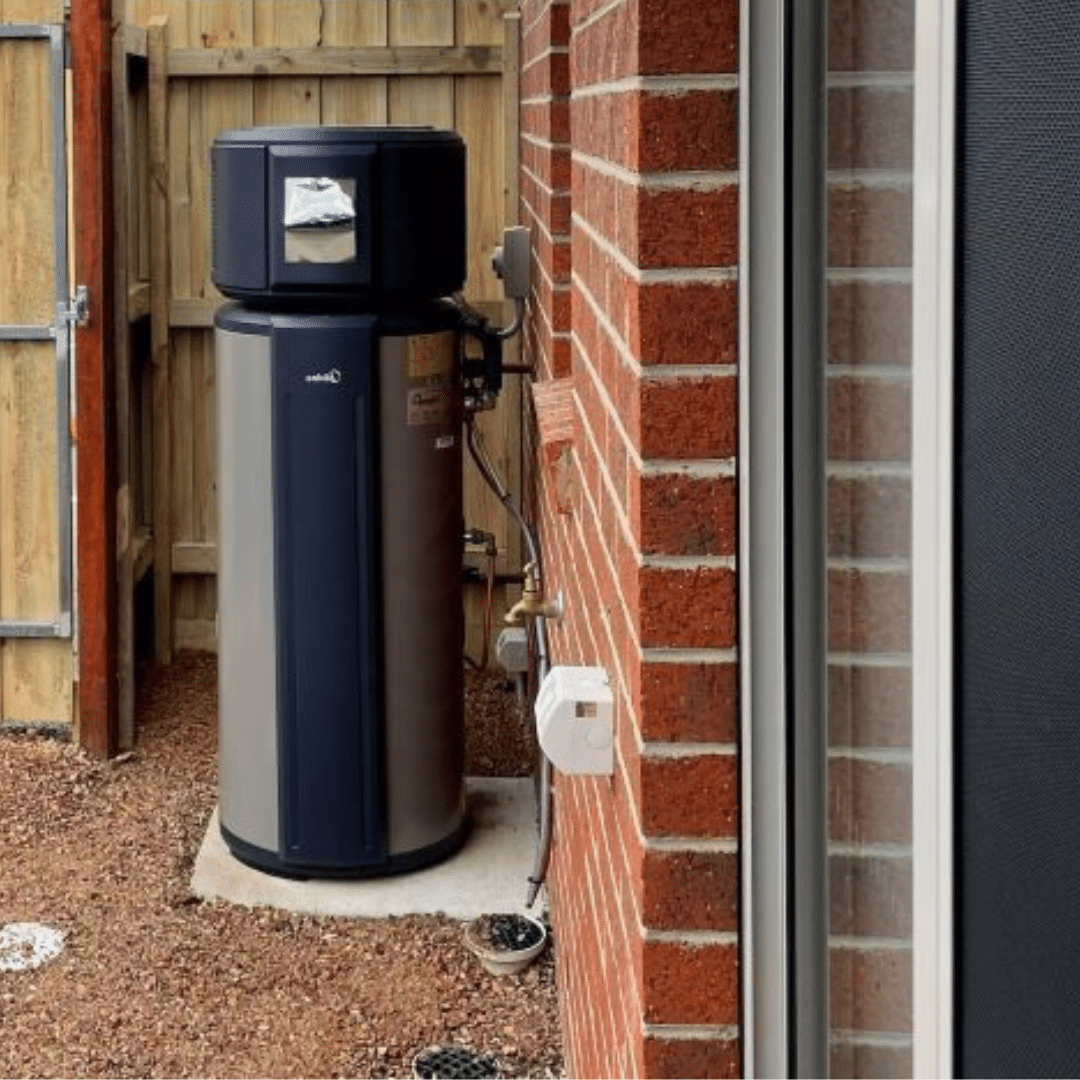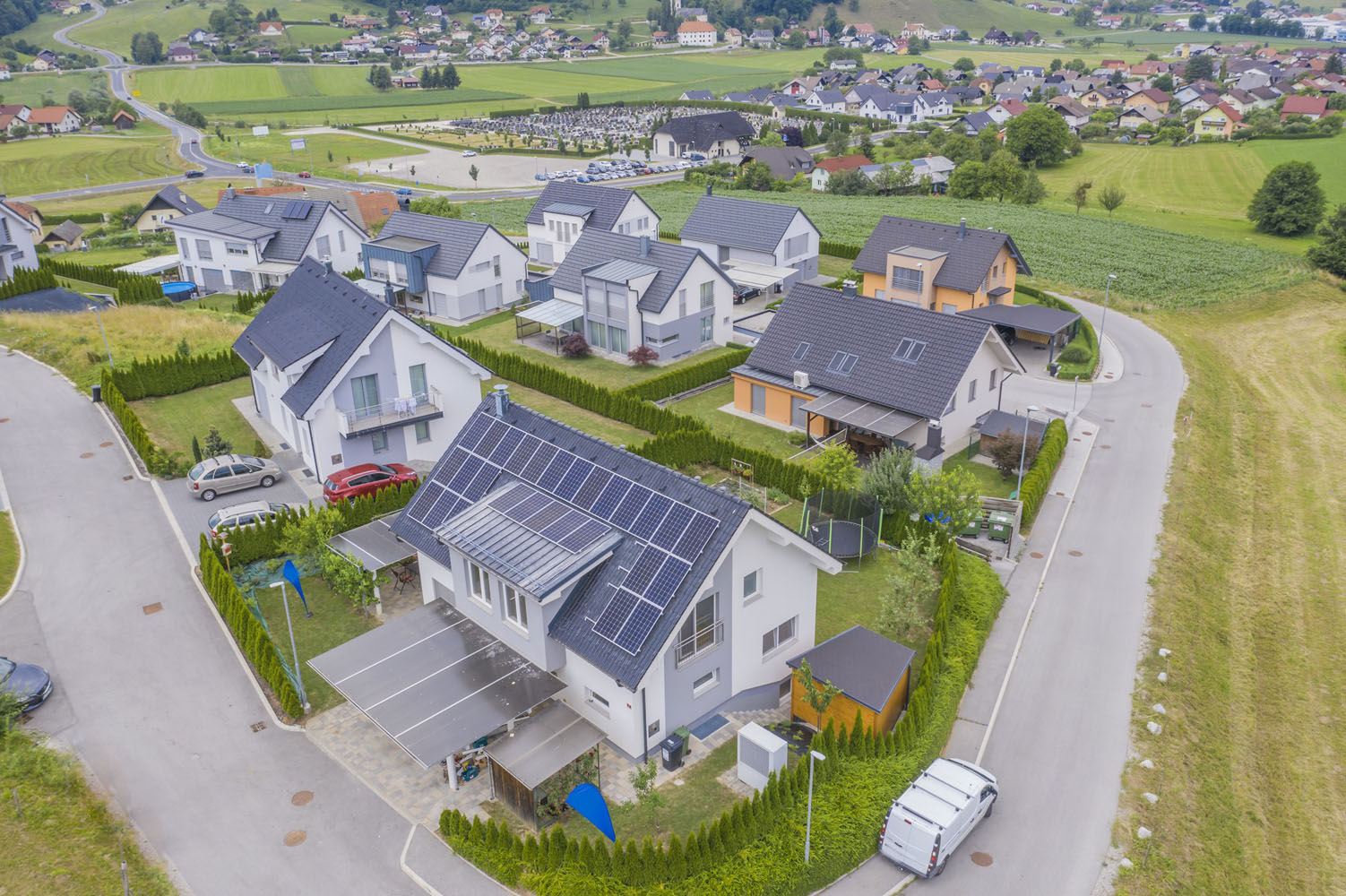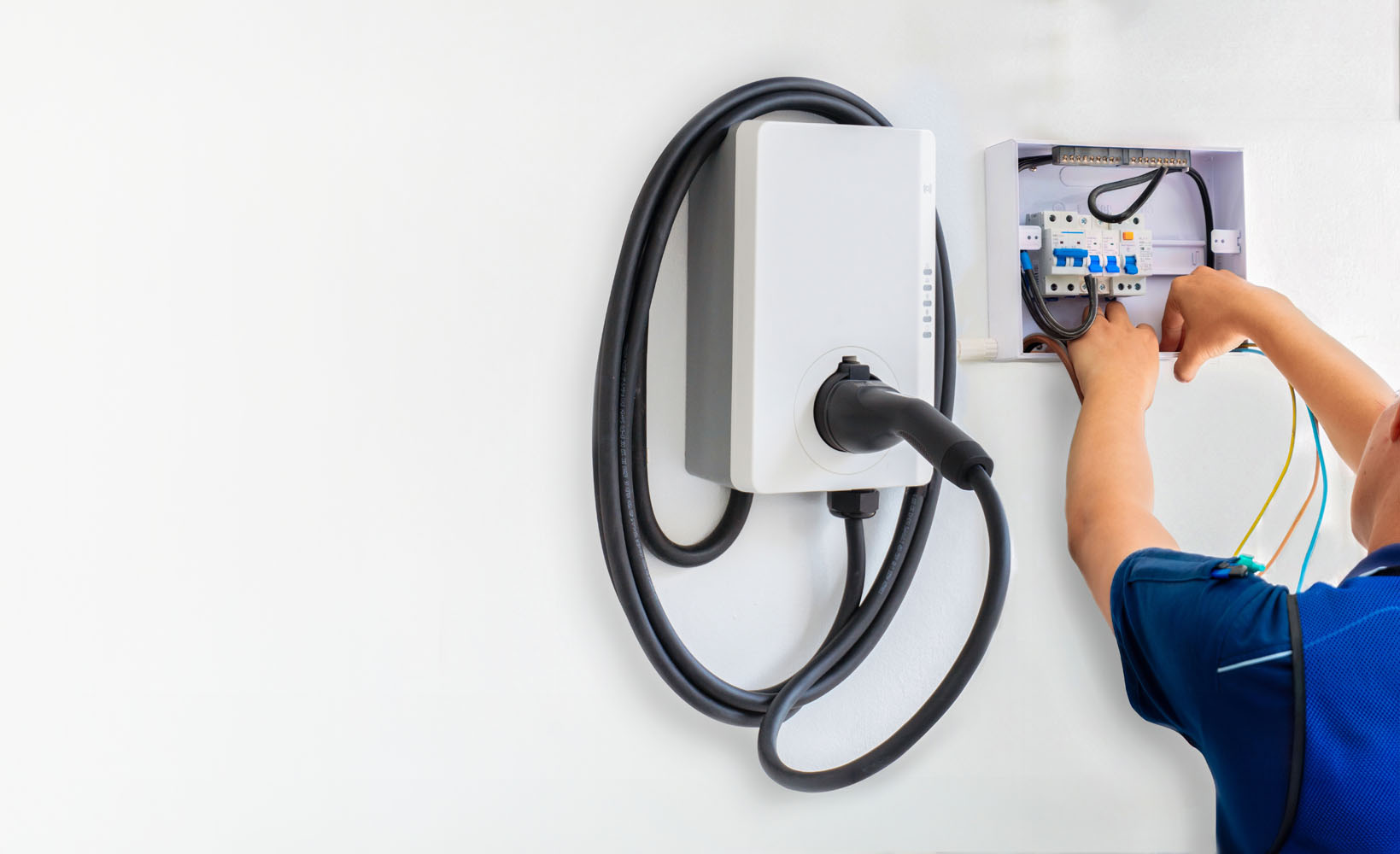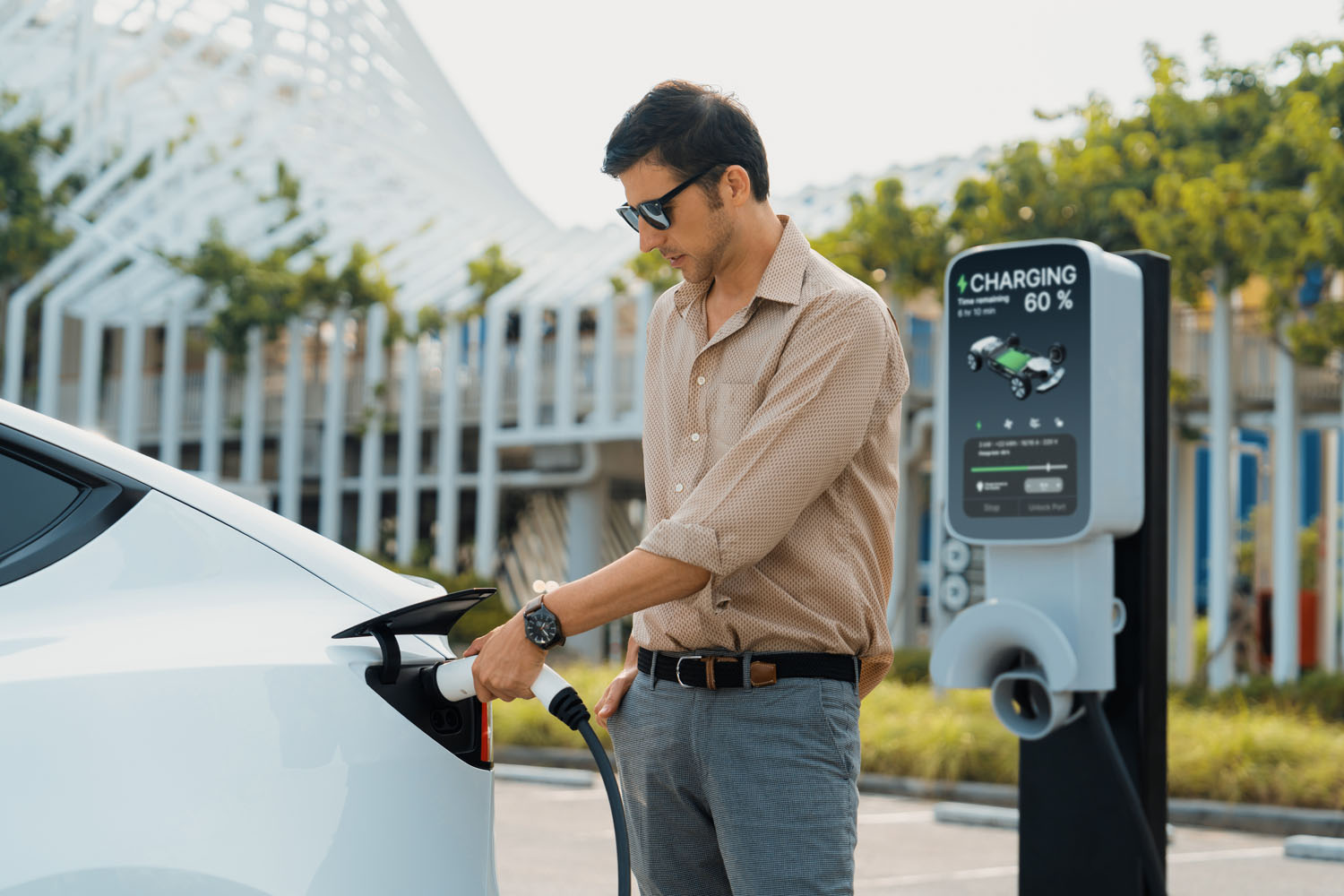When it comes to choosing a water heating system, homeowners are often torn between two popular options: hot water heat pumps and gas heaters. Both have their benefits, but which one is the better choice? Let’s break down the key factors that can help you make an informed decision.
Energy Efficiency:
- Hot Water Heat Pumps: Heat pumps operate by transferring heat from the environment rather than generating it, which allows them to be significantly more energy-efficient. The average heat pump has a COP of 3-4, meaning it can produce three to four times the energy it consumes. This makes them up to 70% more efficient than electric or gas heaters.
- Gas Heaters: Gas heaters, while relatively efficient in terms of heating speed, are less efficient in energy use. Gas prices fluctuate, and in recent years, gas has become more expensive in many areas, including Victoria. Additionally, gas systems typically have an efficiency rating between 70-90%, meaning some energy is lost during combustion.
Environmental Impact:
- Hot Water Heat Pumps: Since heat pumps rely on renewable energy from the air, they produce significantly fewer carbon emissions. When combined with solar panels, they can operate almost entirely off renewable energy, drastically reducing your household’s carbon footprint.
- Gas Heaters: Gas heaters use fossil fuels, which contribute to greenhouse gas emissions. Even though natural gas burns cleaner than coal or oil, it still contributes to global warming. With growing concerns about climate change, using gas may become less attractive in the future.
Cost of Operation:
- Hot Water Heat Pumps: Although the upfront cost of a heat pump can be higher than that of a gas heater, the operational costs are much lower. By using less energy, homeowners can see significant savings on their utility bills. Additionally, rebates and incentives in Victoria can offset installation costs, making heat pumps more affordable in the long run.
- Gas Heaters: Gas heaters tend to have lower upfront installation costs, but ongoing costs can be higher due to the fluctuating price of gas. Gas heaters also require regular maintenance, including checking for leaks and ensuring safe operation, which can add to the total cost over time.
Lifespan:
- Hot Water Heat Pumps: With proper maintenance, a heat pump can last up to 15-20 years, which is longer than the average lifespan of a gas heater.
- Gas Heaters: Gas heaters typically have a lifespan of 10-12 years, after which they may need to be replaced. This means that while gas heaters might be cheaper to install initially, you could end up replacing them more frequently.
Safety:
- Hot Water Heat Pumps: Since heat pumps don’t involve combustion, there’s no risk of gas leaks or carbon monoxide poisoning, making them a safer option for many homeowners.
- Gas Heaters: Gas heaters require careful installation and regular maintenance to avoid the risks of gas leaks, carbon monoxide poisoning, and potential explosions.
Conclusion:
When considering efficiency, environmental impact, and long-term costs, hot water heat pumps are generally the better choice for homeowners looking for sustainable, cost-effective solutions. However, if you’re looking for quick, upfront savings, a gas heater might seem more appealing initially. Ultimately, your choice will depend on your priorities, but with government incentives and long-term savings, heat pumps provide a future-proof solution that pays off over time.







